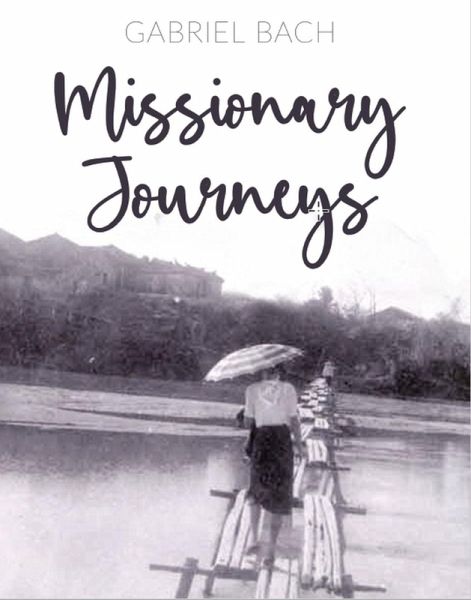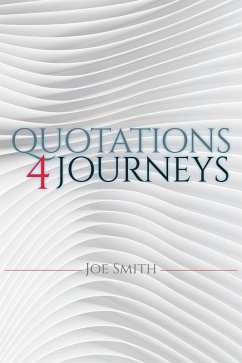
Missionary Journeys (eBook, ePUB)
Versandkostenfrei!
Sofort per Download lieferbar
7,99 €
inkl. MwSt.
Weitere Ausgaben:

PAYBACK Punkte
4 °P sammeln!
The approach taken in this research is through the lens of three factors: place, movement, and time. Place, understood as 'zones' of contact, trade, and rapports. Movement, as in physical and mental mobility: moving from one place to another, from one continent to another, adjusting to new cultures, languages, and mores. Time, as these missionaries moved from one time zone to another, and learned to live with major delay in their correspondence between China and Europe during WW2, delay impacting decisions in both continents. Not enough has been written about this war period of the Basel Missi...
The approach taken in this research is through the lens of three factors: place, movement, and time. Place, understood as 'zones' of contact, trade, and rapports. Movement, as in physical and mental mobility: moving from one place to another, from one continent to another, adjusting to new cultures, languages, and mores. Time, as these missionaries moved from one time zone to another, and learned to live with major delay in their correspondence between China and Europe during WW2, delay impacting decisions in both continents. Not enough has been written about this war period of the Basel Mission missionaries in China. These Journeys fill a gap about the China episode, the Alsatian ministries, and the Tahiti Hakka theological conflict. Divinity students, students of theology, history, anthropology, social science, and those interested in mission work in the world will gain an invigorating insight into missionary life.-Adds critical dimensions to the Basel Mission narrative of its missionaries in China. -Focuses on biographies of a French-Alsatian gentleman and a Swiss lady sent to China by the Basel Mission, during WW2, in Guangdong Hakka spoken areas. -International state of war and local insecurity from 1936 to 1947 impacted evangelization, missionary lives, and social networks. -Limited conversions and baptisms were due to Chinese traditional beliefs and Chinese historical events, ineffectiveness of the Hakka Church in those days, and denominations competition. -Missionaries returned to Alsace, France, in 1947, as novel approaches to evangelization were tested, thanks to practices gained in China. -Call in the 1960s from the Chinese Hakka Jordan Parish in Tahiti to this Frenchman speaking Hakka, trying to reunite Jordan's religious factions, with unexpected consequences regarding the Alsatian parish left behind
Dieser Download kann aus rechtlichen Gründen nur mit Rechnungsadresse in A, B, BG, CY, CZ, D, DK, EW, E, FIN, F, GR, HR, H, IRL, I, LT, L, LR, M, NL, PL, P, R, S, SLO, SK ausgeliefert werden.













